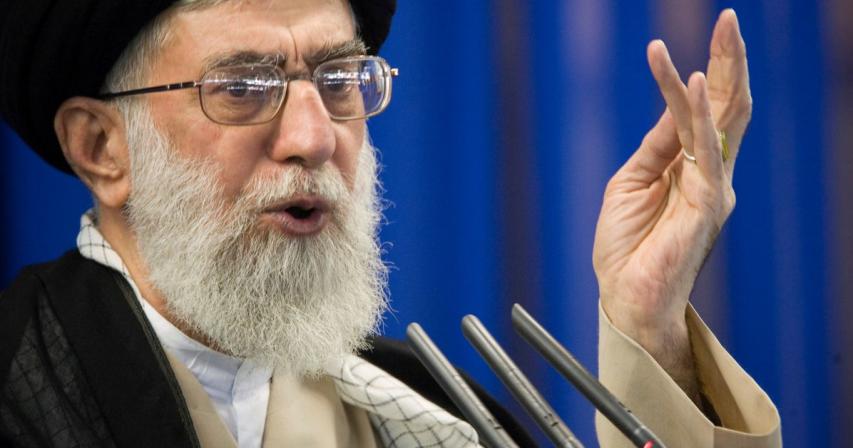Khamenei’s election agenda may slow revival of Iran nuclear deal
- 4 years ago

Weary negotiators appear increasingly unlikely to revive a 2015 nuclear deal between Iran and world powers before the Islamic Republic’s June presidential election, but an extension of talks could reap political gains at home for the supreme leader.
The man who ultimately matters in the Iranian nuclear question, Supreme Leader Ayatollah Ali Khamenei, would like the negotiations between Tehran and six global powers in Vienna to end Iran's economic isolation, officials and insiders say, but at a favourable time.
At stake in Iran is which political faction within the country's complex power structure will take credit for removing U.S. sanctions that were re-imposed after former U.S. president Donald Trump exited the 2015 pact three years ago.
Prolonging the talks to bring back Tehran and Washington into full compliance with the accord would mean that the process of peeling back layers of U.S. sanctions would start after the June 18 vote, when a hardline ally of Khamenei is expected to replace the current pragmatist president, Hassan Rouhani.
Although the vote will have scant impact on Iran’s foreign or nuclear policies, in which Khamenei already has the final say, an end to Iran's economic isolation when a hardline president is in office could strengthen Khamenei's hand at home.
"Ultimately, Iran's leader wants the U.S. sanctions to be lifted. But he would not mind if the talks take a little longer," said a senior Iranian government official.
Comments